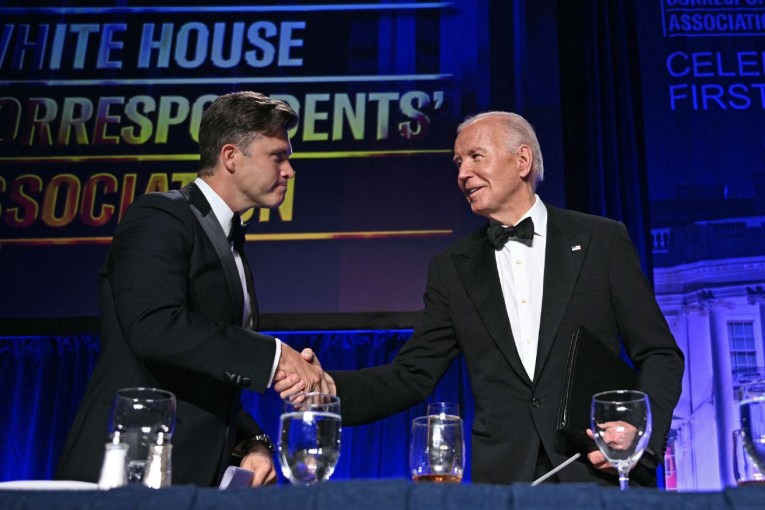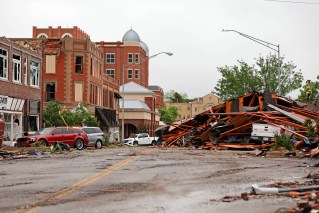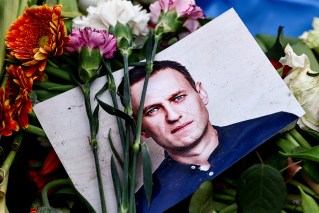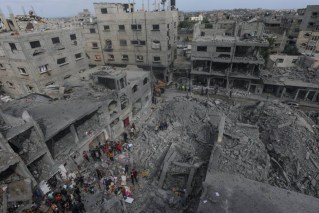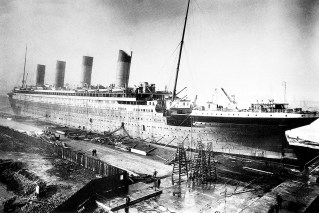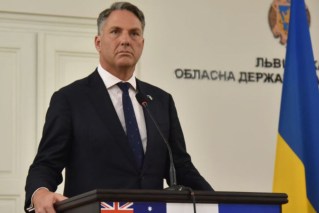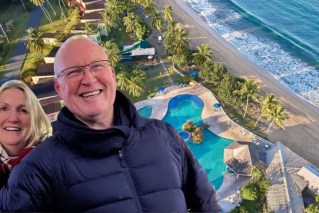Ukraine vows to fight for justice over MH17
Ukraine President Petro Poroshenko has called it a “moral duty” to punish the “murderers” who killed 298 people, including 38 Australian residents and citizens, by downing Malaysia Airlines flight MH17 over rebel-held territory one year ago.
“Our moral duty to honour the memory of the fallen ones is to ensure a fair punishment for those guilty in downing the aircraft. This crime represents a threat to the whole international community,” said Poroshenko.
“The murderers should know that the punishment is inevitable.”
• MH17 anniversary: the unanswered questions
• Families of MH17 victims attend national memorial
• MH17 families want justice
The Western-backed leader said the Boeing 777 was shot out of the sky on July 17, 2014 by a surface-to-air missile that could only have been supplied to the insurgents under direct orders from Russia’s most senior leaders.
“It would not have happened without participation, without a direct order from the highest political and military leadership of the neighbouring state,” he added.
Russia denies supplying Ukraine’s eastern militias with the type of BUK missile system allegedly used in the attack.
It claims to have played no role in the 15-month conflict and has blamed the downing at various stages on either a Ukrainian-made BUK system fired by government soldiers or an air-to-air missile launched by Kiev’s air force.
Poroshenko on Friday reaffirmed his support for the establishment of a United Nations criminal tribunal that could prosecute those responsible for downing the flight from Amsterdam to Kuala Lumpur.
Russian President Vladimir Putin has called the idea “counter-productive”.
But Poroshenko warned that his vow to find and punish the guilty were “not empty words”.
“Ukraine is ready to continue to provide all the support, information, necessary to bring those responsible to justice,” he continued.
Meanwhile, residents of the Ukrainian village where MH17 crashed have commemorated the tragedy, The Associated Press reported.
Villagers, mainly women and children, carrying flowers gathered in the church in the centre of the village at the start of a procession to the site in nearby fields.
The commemoration, organised by local leaders and the Russia-backed separatist rebels who control the area, will include the dedication of a small stone with a plaque in the field.
